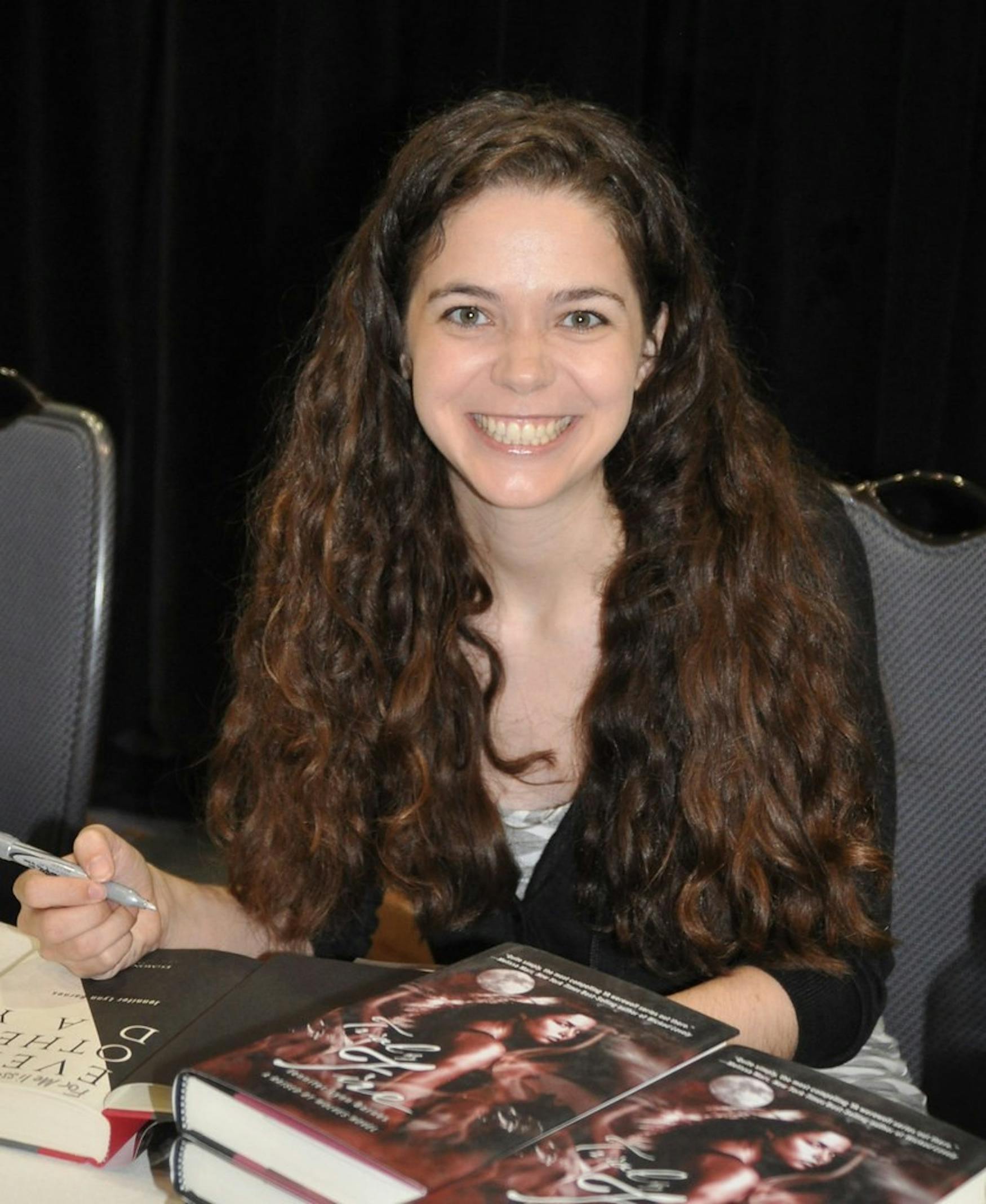‘To some people, you’ll be Cinderella. To others, Marie Antoinette’
“Inheritance Games” begins with Avery Grambs, a high school student with a simple plan: keep her head down, stay out of trouble and get good enough grades to earn an actuarial science scholarship to the University of Connecticut. One day, her fortunes change when billionaire Tobias Hawthorne dies and leaves Avery nearly his entire estate — the only stipulation is that she has to move into his house, a riddle-filled mansion where the mostly disinherited Hawthorne family still lives. However, she has no idea who he is or why he would want to leave all his money to an apparent stranger. Questions quickly pile up: why did Tobias Hawthorne disinherit his family? Why choose Avery of all people? At the same time, buried family mysteries start working their way to the light, and Avery and the Hawthorne family must work together if they want answers.
On the whole, I found “Inheritance Games” by Jennifer Lynn Barnes to be an extremely entertaining read. A key part of the story is the series of puzzles that Tobias left his heirs, which I found interesting and creative. It was clear that the puzzles were intricately planned by the author and the discoveries that ensued never felt forced.
On the other hand, I found the twists to be a mixed bag: some I never saw coming, others I guessed right away. The more interesting ones had to do with the mysterious death subplot. While I found it a less compelling plotline than the mystery of why Tobias left the estate to Avery, the murder mystery’s resolution paid off. Overall, there was a good amount of plot relative to the length of the book, so whether you enjoy riddles, romance or stories about messed-up families, there is a plotline that will intrigue you.
One of the aspects of Barnes’ books that always stands out to me is her realistic depiction of fictional characters. She not only vividly delineates the actions of the characters but also presents to the readers profiles of the characters’ inner worlds. Barnes’ exceptional attention to detail when it comes to her characters could be explained by her profession in psychology, psychiatry and cognitive sciences. The individuals in her books usually feel especially realistic and human in how they inhabit the world of the story, and “Inheritance Games” was no exception. I felt like I was peeking into the characters’ heads. For example, as an optimistic, goth-dressing “apology cupcake baker,” Avery’s sister Libby could easily be depicted as a caricature. Instead, her personality and concern for Avery’s well-being felt realistic. Although Libby is completely willing to be bribed with boots and creepy lockets, when things get more deadly, she prioritizes her sister above all else.
I had a harder time connecting to the cast of characters than I have had with some of Barnes’ other books, however. Specifically, despite possessing widely differing personalities, I found it easy to mix up the four Hawthorne brothers because they all had small roles and similar names. It also did not help that two of them were love interests, while the other two had archetypes that Barnes commonly likes to use in her stories.
Overall, it was a very entertaining read. I enjoyed the puzzles and mysteries, as well as Barnes’ writing style and characterization. I definitely plan to read its sequel, “The Hawthorne Legacy,” when it's released in September. Recommend for: Anyone who liked “Knives Out” (2019).



Please note All comments are eligible for publication in The Justice.